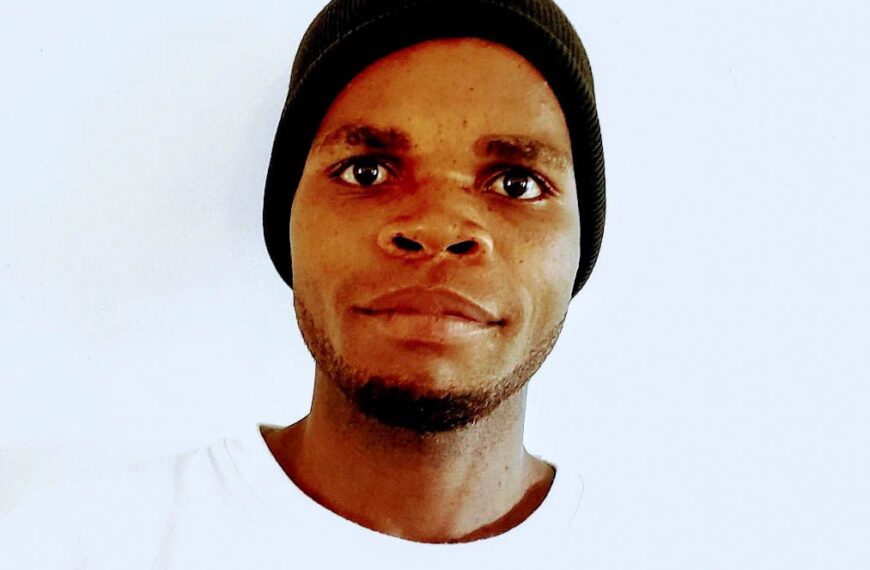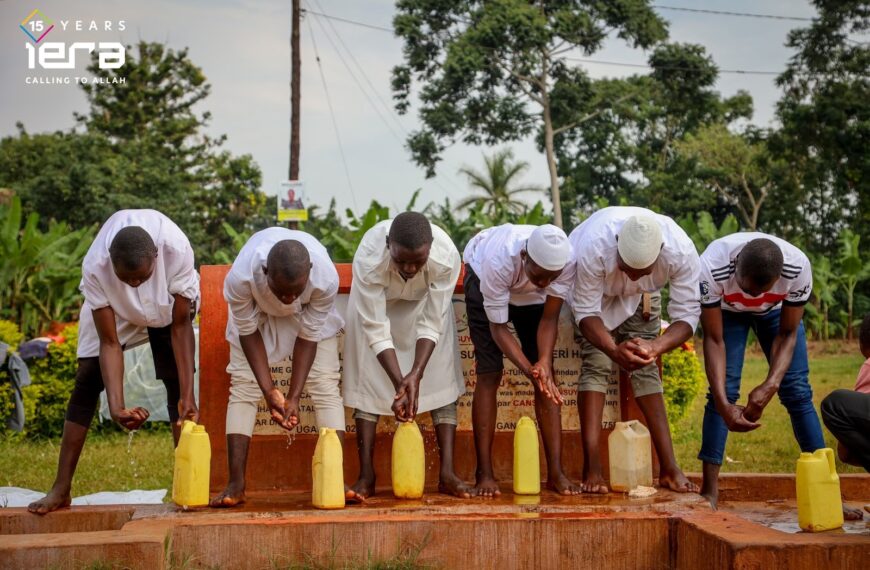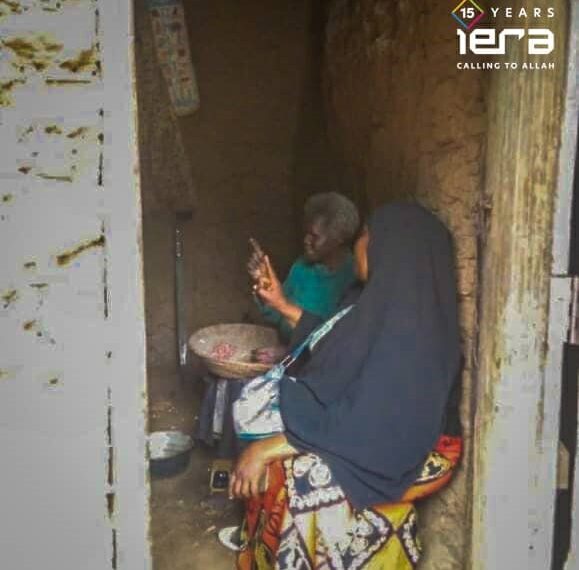At the heart of Uganda, within the serene walls of the iERA Du’āt Training Center, a profound moment unfolded—a moment filled with quiet purpose, heartfelt reflection, and unwavering dedication.
Two months had passed since a group of newly embraced Muslims began their intensive journey to become the future imams and spiritual leaders of their communities. Now, they stood at a significant crossroad: the mid-training assessment, a milestone that marked not just academic progress, but spiritual growth and transformation.
The atmosphere buzzed with anticipation. It wasn’t the nervous tension of a typical examination hall, but a sacred stillness—a recognition that this process was as much about the heart as it was about the mind. These du’āts, once seekers, had now become torchbearers of knowledge, and this day was a gentle pause to reflect on their journey so far.
With calm authority and a sense of purpose, the Education Officer addressed the students. His words, grounded in wisdom and sincerity, pierced the silence:
“Alhamdulillah, today is not simply about passing or failing. It is about recognizing how far you’ve come. This is a moment of self-awareness—a mirror to see how brightly the light of guidance now shines within you.”
His words settled over the room like a protective veil, easing anxious hearts. The assessment was more than just a test; it was a spiritual checkpoint, a collective reminder that knowledge is not merely to be memorized but to be lived, practiced, and passed on.

The evaluation itself was thoughtfully structured—a blend of written and oral components that tested both the mind and soul. On paper, they demonstrated their understanding of fiqh, aqeedah, and the foundational principles of Islamic leadership. But it was during the oral assessments that the essence of their training truly shone. One by one, the du’āts rose before their peers, not as students, but as emerging leaders. They recited Qur’anic verses with passion, explained core concepts with clarity, and spoke from the heart about what they had learned.
Their voices—firm yet humble—echoed through the training center, breathing life into the teachings they had absorbed. Each word, each recitation, was a living testament to their effort, discipline, and deep connection with the message of Islam. You could see in their eyes the resolve to serve, to guide, and to return to their communities with knowledge wrapped in compassion.
This mid-training milestone was especially significant, coming shortly after a visit from the CEO of iERA—a reminder of the global importance of this program. It reinforced the shared belief that real change begins with grounded leadership, and that these young du’āts were being groomed to be the change-makers of tomorrow.
As they enter their final month of training, the transformation is clear. What began as a journey of learning is now a mission of becoming. These are no longer just students—they are guardians of faith, entrusted with a noble responsibility: to illuminate paths, to uplift lives, and to spread the timeless message of Islam with gentleness, wisdom, and love.
At iERA Uganda’s Du’āt Center, the mission is more than academic—it’s spiritual. It’s not about producing preachers. It’s about shaping hearts. These men are being molded not just into imams, but into role models—men who will return to their villages not only to lead prayers, but to lead change.





